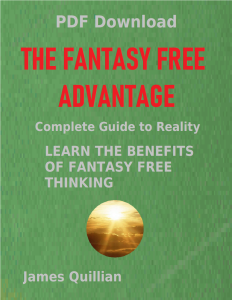To really understand economics, it is necessary to know what sin is. Those who go to church hear about sin constantly. But, preachers have no idea what constitutes sin. Sin actually has little to do with the gospel and is a concept even atheists can use.
Sin is any transaction where costs are guaranteed to be greater than benefits. Smoking is not a sin because people who smoke are bad. Smoking is a sin because the costs to the smoker and the rest of society are greater than the benefits. The smoker does get benefits but they are all in the moment. The costs continue to accumulate unless the smoker quits. In that case, money has been spent and the body has been damaged. The costs remain but the stream of pleasure has ceased.
A rational person does not sin because it is irrational to bring harm to oneself. There is a reason why Jesus’s ministry was focused on those committing sins while little was said about folks who were sinned against. Sin causes bad outcomes.
So, what kinds of sins are hurting the economy? The all time biggest sin of the individual citizen is that of believing lies. Lies provide comfort while the truth causes stress. While constituents wallow in their comfort, elected officials concentrate of serving the politically powerful players who can help the politician reach personal goals and aspirations. Given a high degree of comfort citizens will never rein in government, which is their responsibility.
When the economic collapse accelerates, we can safely say, that the misery is a consequence of sin. When believing lies, costs do always add up to more than the benefits. Truth is used in government only on the rare occasions when it has utility politically.
One thing that is never heard as last words on a death bed is, “I truly regret that I didn’t believe more lies.”
Views: 1

